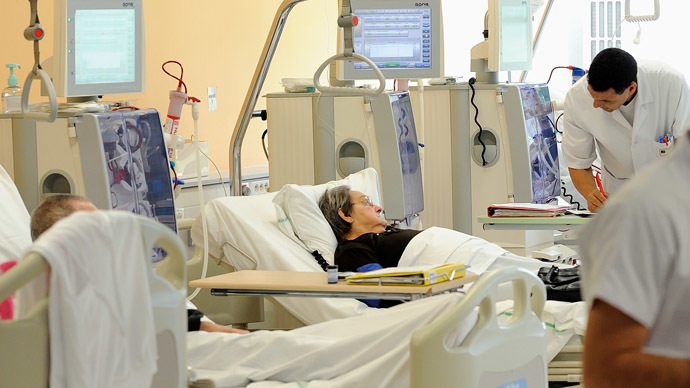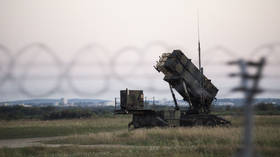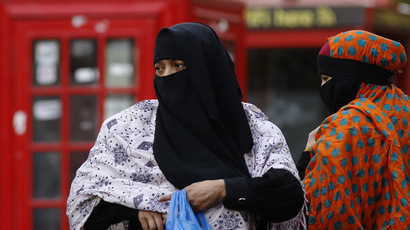Britain among worst hospital bed supply in EU

Patient capacity at British hospitals has dropped to the second-worst level in Europe, maintains an international report. The maximum occupancy rate was exceeded last year, and waiting for a bed seems to have become commonplace.
The palpable shortage of hospital beds in Britain mirrors the general trend of world’s healthcare spending stagnation, the ‘Health at a Glance, 2014’ report from the Organization for Economic Co-operation and Development (OECD) maintains.
According to the report, Britain has lost 50,000 hospital beds since 2001, a 5,000-bed annual loss equivalent to the closure of several hospitals.
On one hand, this decline is due to the fact that these days patients do not need to stay hospitalized because surgical interventions have become much more delicate.
“The NHS is treating people quicker than ever, and more care is being delivered in the community, so far fewer need to stay overnight – which is often better for patients who prefer being at home,” a Department of Health spokesman said.
Ambulatory medical care has also being on the rise in decades.
Yet the reverse side of the coin explains the reduction by trivial budget cuts in healthcare spending. The growth of government health spending has collapsed worldwide since 2009, the OECD claimed last June.
The current situation in UK’s National Health System brings specific risks for the patients.
First of all, experts warn that people undergoing institutional treatment, including the elderly, could be forced to waits for a bed to become free, sometimes on trolleys after surgery, as it is already happening in some hospitals. The very surgical operations could be postponed or even canceled as there may be no beds available.
“It is consistent with stories we hear such as people being moved from one ward to the other to create bed space, patients being left waiting in corridors for hours, or being cared for on the trolleys while waiting for a bed leading to unsafe and undignified care,” shared Katherine Murphy, chief executive of the Patients Association lobby group operating in the UK, as cited by the Telegraph.
Another problem of overcrowded hospitals is the growing risk of infections such as superbug outbreaks.
The occupancy rate in Britain reached 87.6 percent in 2013 and remains firmly above 85 percent ever since.
“There is overcrowding in the wards and corridors, which increases the risk of infections,” Murphy said, adding that sometimes people are “being discharged inappropriately,” in the middle of the night, for sole reason of freeing up beds.
The OECD presents data for 40 most industrialized nations worldwide. With per capita initial hospital admission in Britain at 2.95 beds for 1,000 citizens, the country occupies the 29th position. The data represents the situation in 2011, the most recent available.
Among other developed European economies, only Sweden has smaller nationwide hospital bed capacity, but the OECD notes that Stockholm has been heavily investing in community healthcare and decreased the necessity of hospitalization in the country in general.
The United Kingdom still has larger hospital potential than Canada or Ireland, yet in China, where hundreds of millions of people can hardly make ends meet, the number of hospital beds is practically the same as in the UK, 2.75 per capita.
“These figures are shocking. This again shows a system stretched to breaking point,” Murphy said.
Comparison with other developed European nation is even more staggering. If Britain felt the need to catch up with France (6.37 per capita), or Germany (8.27), the investment needed to at least double hospital capacity would be immense.
There is little wonder that, with its ageing population, Japan is the world’s leader in the index, at 13.4 hospital beds per capita.
Even in Russia, which has been passing through hard economic times over the past quarter of a century, the ratio is three times higher, 9.37 beds per 1,000 people. The average ratio for the index calculated by the OECD is 4.83.
The regulations maintain that bed occupancy in hospitals should not rise higher than 85 percent so that beds could be cleaned and prepared properly. When there is less that 15 percent of unoccupied beds, the personnel do not have enough time to prepare a bed for the next patient, thus the risk of infection surges.
“The figures are indicative of how poorly the UK is prepared for the needs of its ageing population. This situation must change and we cannot put the safety of patients at risk. It is ultimately the patient who suffers,” Murphy said.














